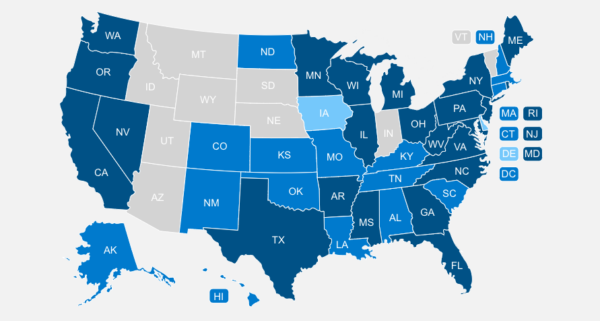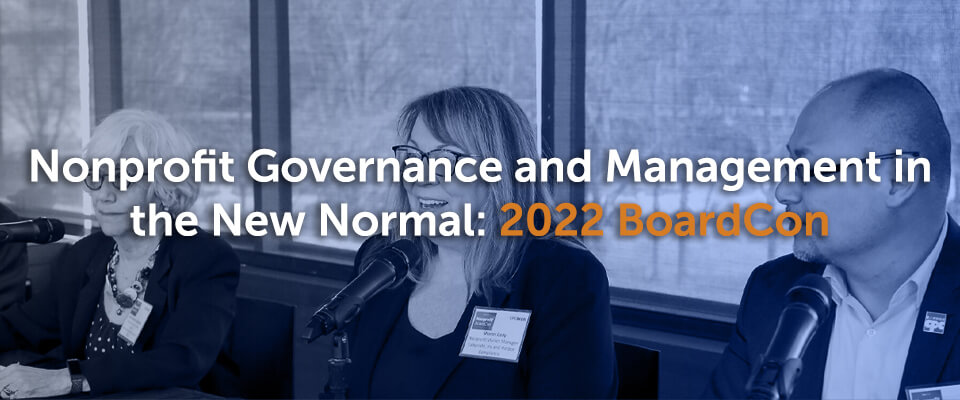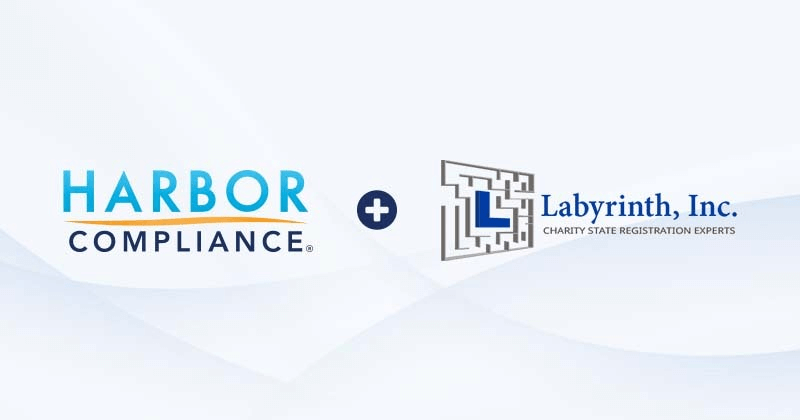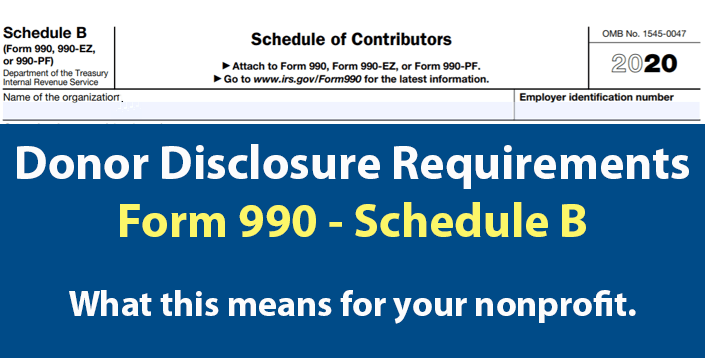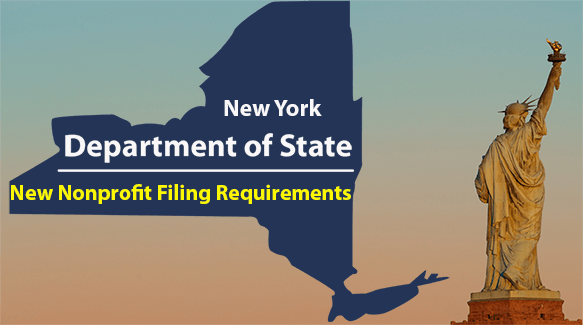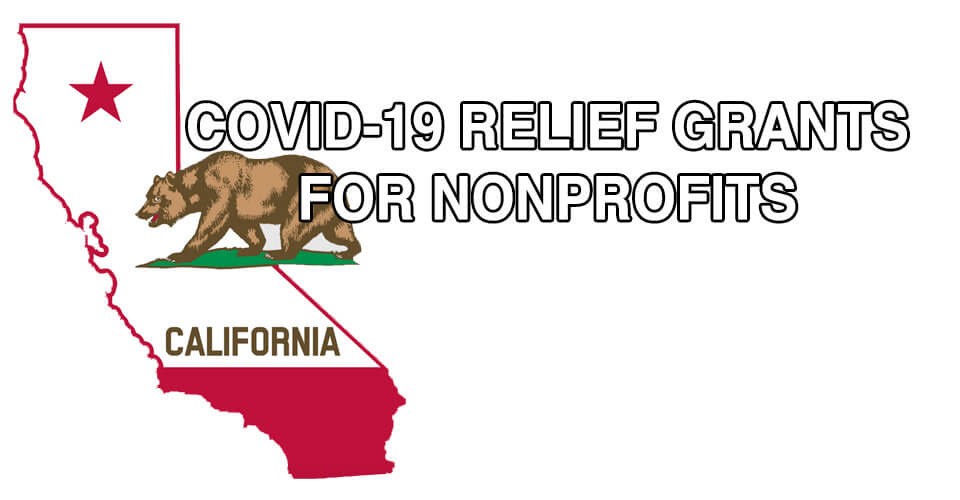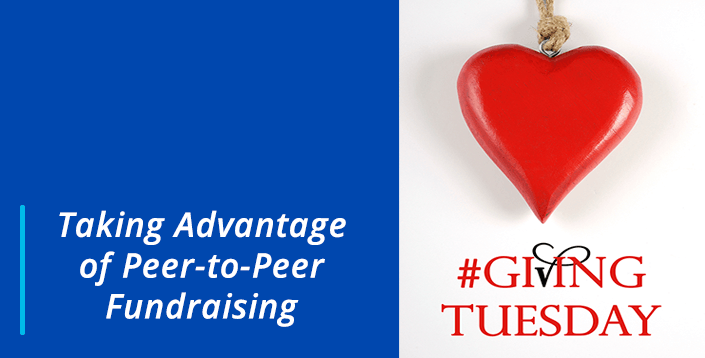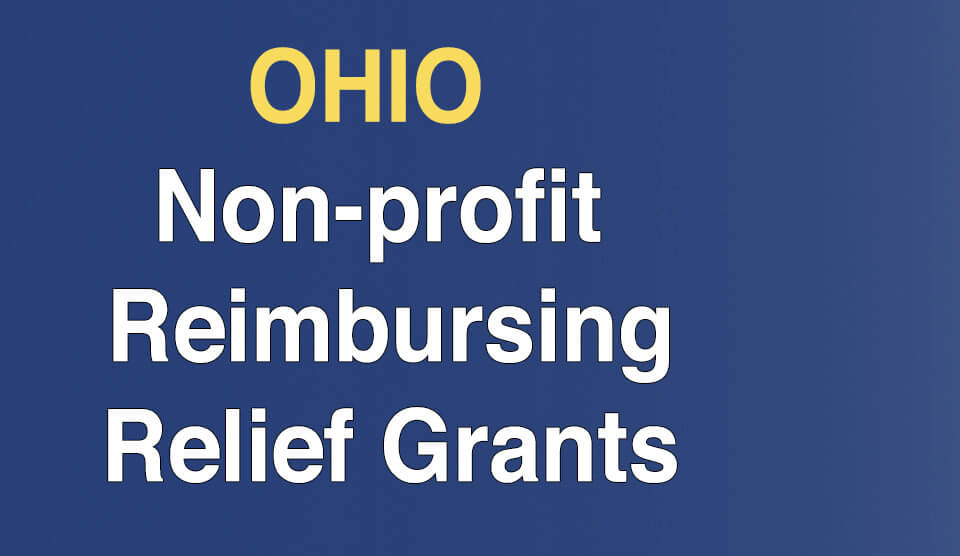
California Assembly Bill 488
December 2, 2021How to Choose an Alabama Registered Agent for Your Nonprofit: A Step-by-Step Guide
December 23, 2021The Need to Update Current Fundraising Regulatory Frameworks

The fundraising regulatory landscape is complex and constantly evolving. Even so, regulations and bureaucratic processes often can't keep pace with the rapid changes in fundraising trends, methods, and outlets employed by nonprofits. Here are two areas where the regulatory framework needs updating to properly address now common activities of fundraising organizations.
© 2021 Labyrinth, Inc. All rights reserved. Labyrinth, Inc. does not provide tax, financial, or legal advice. Use of our services does not create an attorney-client relationship. Labyrinth, Inc. is not acting as your attorney and does not review information you provide to us for legal accuracy or sufficiency.
Regulatory Challenges of Online Fundraising
More than ever, and catalyzed by the pandemic, nonprofit organizations are taking advantage of online fundraising avenues and platforms to reach more donors. After all, online fundraising is more cost-effective and faster to implement. It is likely that certain online fundraising alternatives to traditional brick and mortar fundraising campaigns are here to stay. These opportunities have also brought potential compliance issues, and the potential of fraud. A nonprofit organization that engages in online fundraising campaigns has little control of where donations could originate. All kinds of questions arise, like should nonprofit organizations accept donations from a state in which it is not registered? What fundraising activities trigger the need to register in a particular state? State laws vary, and as such organizations that are not registered in all states must do their diligence to comply with state charitable solicitation laws. Furthermore, the emergence of crowdfunding, peer-to-peer fundraising, social media sharing events, donation matching drives, virtual gala fundraisers, and so on has exposed the limitations of the current state regulatory frameworks. Wherever the regulatory arm of the law does not reach, there is always the potential for fraud. From a donor’s perspective, absent a robust regulatory framework, they may not feel confident that their donations are going directly to the cause they are contributing towards. It is an unfortunate reality that there always will be bad actors. Organizations and individuals stand ready to exploit gaps in the current regulatory framework to line their own pockets. Case in point, Minnesota Attorney General Keith Ellison restructured the charity, Pain-Free Patriots and replaced its leadership following more than $2 million in self-dealing transactions. These kinds of scandals are harmful to the nonprofit space largely by decreasing donor trust. The modernization of charitable state regulations to meet these challenges is overdue.Regulatory Challenges of Commercial Co-Ventures & Crowdfunding Campaigns
Fundraising challenges brought forth by the pandemic have pushed nonprofit organizations to take advantage of low-cost, high-reach solicitation methods to stay afloat. We are seeing more commercial co-venture (CCV) and crowdfunding campaigns, which are in themselves changing in an ever-evolving digital age. The current regulatory framework is ill-equipped to address these changes and does not give clear answers to certain issues that could arise.- When does a commercial co-venturer cross the threshold and legally become a fundraiser, thereby triggering the need to register as a fundraiser?
- When do specific facts and circumstances of a CCV campaign constitute unrelated business activity, thereby making it liable for unrelated business income taxes?
- At what point do these existing crowdfunding platforms become more than just a pass-through?
- How long is too long for crowdfunding platforms to hold funds before disbursing them to the benefiting charity?
- How can donor intent be safeguarded to make sure that their contributions are used as intended?
- On what grounds can regulators intervene when there is a conflict between a crowdfunding platform and a charitable organization? For example, did a crowdfunding platform use the name of the charitable organization beyond the agreed-upon use?
- Could alternative revenue streams cause a 501(c)(3) organization to fail its public support test, turning it into a private foundation or causing it to lose its tax-exempt status?
© 2021 Labyrinth, Inc. All rights reserved. Labyrinth, Inc. does not provide tax, financial, or legal advice. Use of our services does not create an attorney-client relationship. Labyrinth, Inc. is not acting as your attorney and does not review information you provide to us for legal accuracy or sufficiency.
Trust the #1 Choice
for State Charitable Registration
More nonprofits choose Labyrinth
than any other service provider
Contact Us Today
Want To Learn More?
Join Our Monthly Webinar
Charitable Registration: How Can I Be Compliant?
Read Our Whitepaper
Charitable Registration: Navigating The Complexities
We proudly provide
compliance services for:

